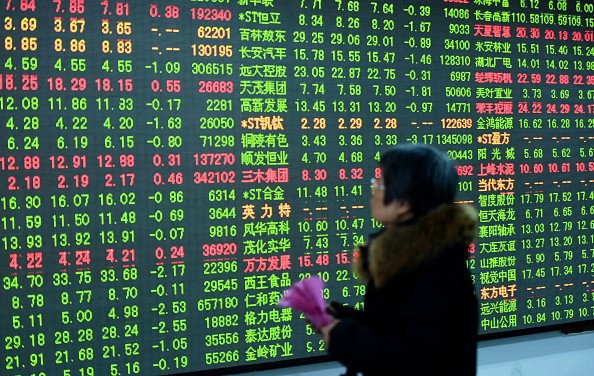The People's Bank of China (PBOC) has decided not to offer open-market operation, through reverse-repurchase (reverse repo) agreements, for three consecutive days, adding that the market is already stable and current liquidity levels are high, according to the central bank statement posted on its website said.
Bloomberg reported that traders at primary dealers who bid at the auctions said that Chinese monetary authorities have appraised the demand for seven-, 14- and 28-day reverse repurchase contract for the period of Feb. 8-14. On Tuesday, Feb. 7, reverse repo contracts with a total value of 120 billion yuan ($17.5 billion) have matured.
Policymakers wanted to clear out the huge cash released before the Lunar New Year holidays and for three trading days, the PBOC suspended open-market operations after it raised the cost of the funds on Friday, Feb. 3, when trading resumed. Since August, the PBOC has tightened control of money-market rates and raised the financing cost to prevent excessive leverage.
"With cash returning to the banking system, the PBOC naturally doesn't need to provide additional liquidity through reverse repos," Shen Bifan, an analyst at fixed-income department at First Capital Securities Co. in Shenzhen, said.
"Moreover, the big picture now is deleverage, so the central bank will continue its efforts to guide short-term rates higher, and we can't rule out the possibility of further hikes in the reverse repo rates," he added.
Data by ChinaBond showed that the benchmark 10-year sovereign bond yield remained at 3.49 percent on Tuesday, Feb. 7. It rose eight points on Monday, Feb. 6, the highest level since 2015, amid talk that the central bank had measured the demand for repurchase agreements which drain funds from the financial system, a research note from Guosen Securities Co. said.
"It's not good timing to resume repo operations," analysts led by Dong Dezhi at Guosen wrote in the note.
Analysts, however, said that since the falling yuan has caused a shortage of money in the financial system, reverse repos can be used to supplement the supply.
On Feb. 22, about 1.85 trillion yuan of reverse repos and Medium-term Lending Facility loans are expected to mature while an additional 630 billion yuan offered through the "Temporary Liquidity Facility" will also become due, analysts led by Ming Ming at Citic Securities Co. wrote in a note.
Analysts said that the impact of maturing loans and repos on liquidity should not be ignored.
The weighted average prices show that the benchmark seven-day repo rate, a gauge of interbank funding availability, dropped one basis point to 2.43 percent.



























